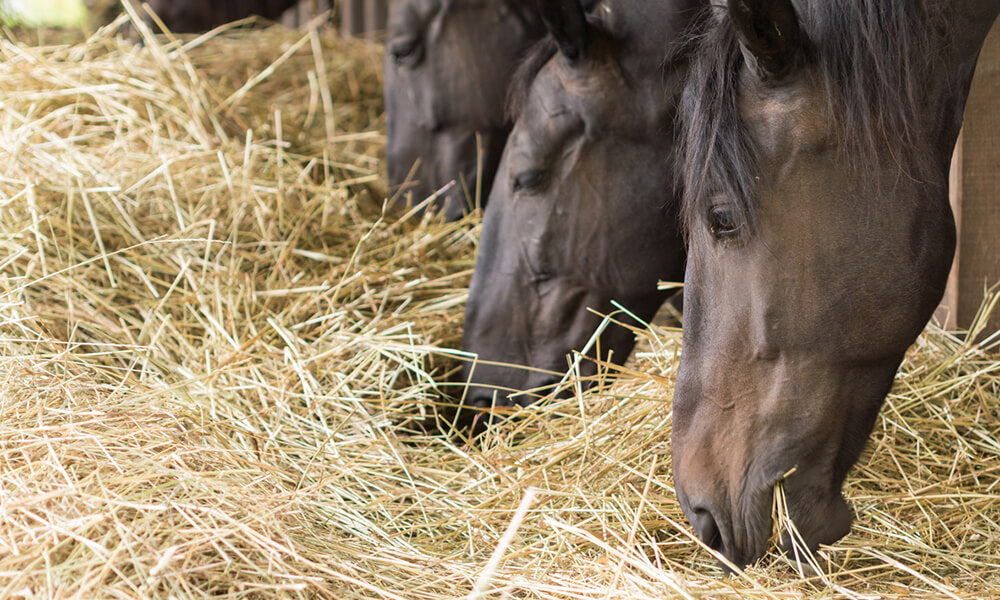Understanding the appropriate feeding foals schedule is essential for any equestrian enthusiast who aims to nurture healthy and thriving horses. Feeding young foals requires careful planning and timing, starting from their very first days. When implemented correctly, it sets up the foundation for their growth, development, and overall well-being.
Feeding a foal is significantly different from feeding a mature horse. It involves understanding the nutritional needs that are exquisitely distinct at various stages of their early life. Each phase of a foals life demands unique attention, ensuring they receive adequate nutrition for optimal growth.

Why is a Feeding Schedule Important for Foals?
A meticulously planned and executed feeding schedule is not only crucial for their growth but also for the development of their digestive systems and overall health. A proper feeding schedule supports bone development, muscle growth, and immune system function, minimizing risks of nutritional deficiencies.
First Days: Birth to First Feeding
The initial days following birth are vital. Foals should ideally nurse within the first few hours to receive colostrum, the first milk rich in antibodies necessary for building their immune system. This initial feeding is the stepping stone to a healthier life.
The Role of Colostrum in Early Feeding
Colostrum is more than just a nutritional source; its packed with essential antibodies. These antibodies are crucial as they help in transferring maternal immunity until the foal can develop its own resistance to diseases.
Transitioning to Solid Foods
At around three weeks, foals often start showing an interest in solid foods. Introducing these requires them to have a properly planned schedule. Early exposure to high-quality forage can support their gut health and prepare them for a more diverse diet.
Establishing a Routine: 1 to 3 Months
By this age, many foals start to rely on hay and concentrates to meet their nutrient needs. A horse feeding routine twice a day should be established, gradually weaning them off their mother’s milk.
Nutritional Needs: Basic Components
Foals need a balance of proteins, vitamins, and minerals to ensure proper growth. Proteins are vital for muscle development, while calcium and phosphorus are critical for bone growth.
Considerations for Feeding Orphaned Foals
Feeding orphaned foals requires special attention to replicate the nutrients found in mares milk. Commercially available milk replacers can be a suitable alternative, and these foals usually need to be fed more frequently initially.
Enhancing Diet with Supplements
Supplementation should only be pursued if nutritional deficiencies are identified through a vet consultation. Overuse of supplements can lead to health issues such as developmental bone diseases.
When and How to Use Supplements
Vitamins A, D, and E along with minerals like selenium can be critical. However, excessive selenium has been known to cause nutritional myopathies, a condition outlined here.
Monitoring and Adjustments
Continually assessing a foals growth, behavior, and body condition is necessary. Every foal grows at their own pace, and their diet should be adjusted to meet their specific needs. Securing regular veterinary check-ups is advisable to tailor their feeding plan.
The Importance of High-Quality Forage
High-quality forage is critical for healthy digestive function and overall nutrition. Testing for hay quality before feeding ensures optimal nutrition.
Long-Term Impact of Feeding Schedules
A well-structured early diet not only ensures immediate health benefits but influences their lifelong dietary habits and health. Adhering to a proper feeding schedule is integral for their progressive and healthy development into mature horses.
The Role of Hay in a Foal’s Diet
Providing appropriate amounts of second cut hay can enhance nutrient intake and develop proper chewing habits.
How to Maintain a Feeding Schedule
Completing feeding at fixed times helps in ensuring the foal’s digestive system functions smoothly. Consistency builds trust and routine, making it easier to monitor any changes in appetite or behavior.
Conclusion
Establishing a feeding foals schedule plays a significant role in the horse’s lifecycle. By attending to their unique nutritional requirements, horse caretakers can support a foal’s health, performance, and longevity. A good start leads to a thriving horse in the future.

FAQs on Feeding Foals
What is the best age to introduce solid foods?
Solid foods can be introduced from around three weeks of age, as foals naturally begin to nibble at grass and hay.
How often should orphaned foals be fed?
Orphaned foals usually require feedings every two to three hours, slowly transitioning to less frequent meals.
What are the risks of improper foal feeding?
Improper feeding can lead to growth deformities, digestive issues, and developmental diseases, underscoring the importance of a balanced feeding schedule.
This article contains affiliate links. We may earn a commission at no extra cost to you.
